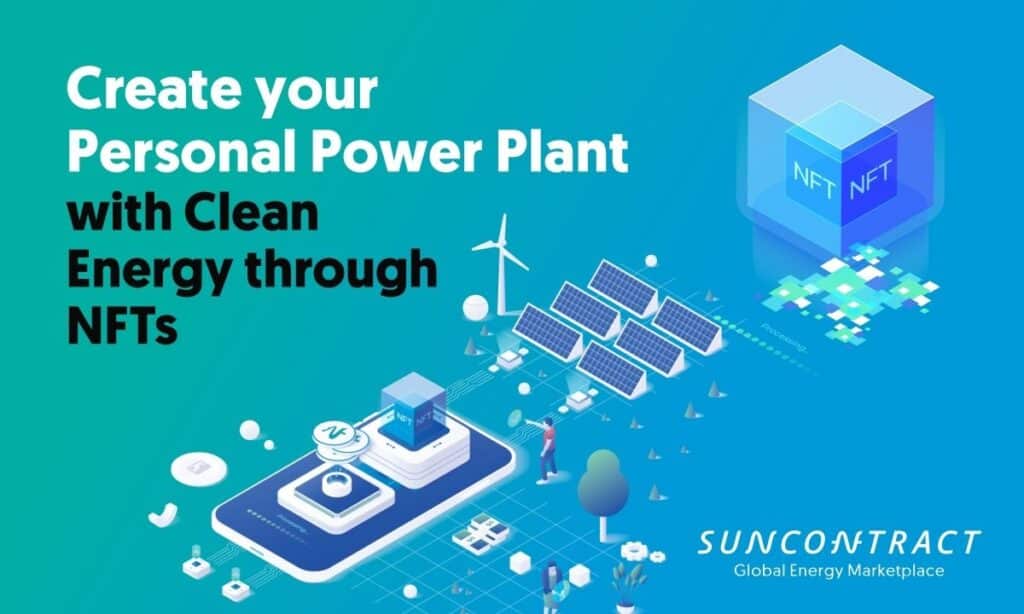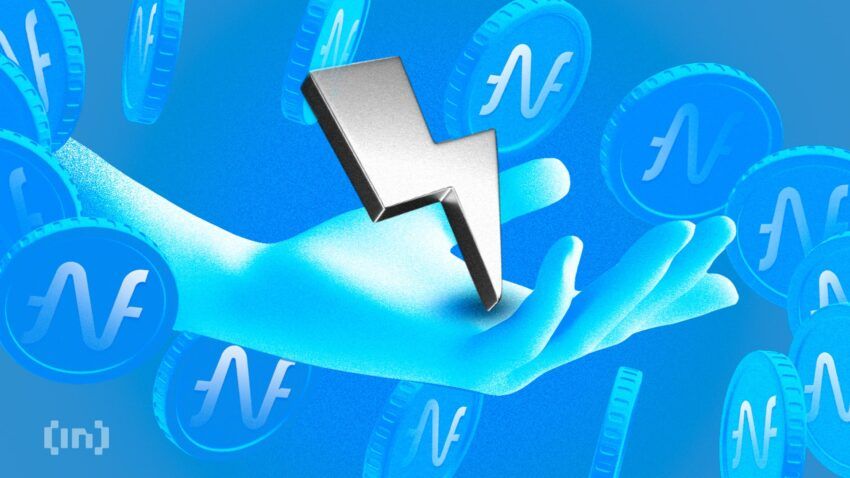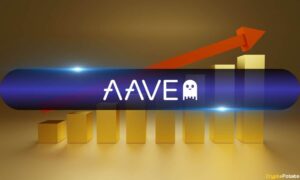Build your own clean energy solar power plant through NFTs

SunContract is a global energy marketplace that connects electricity consumers with renewable energy producers. The SunContract NFT marketplace, connected to real-world solar panels, is at the forefront of promoting this innovative concept.
Using blockchain technology and smart contracts, it enables seamless access to solar panels, encouraging the transition to a more fluid and democratized renewable energy landscape. This also helps to eliminate the disproportionate influence of large energy producers on society and individuals.
The future of energy production is renewable.
According to Forbes, the renewable energy sector could see investments of more than $10 trillion by 2050, with a major focus on wind and solar. As a result, 85% of the world's electricity production comes from renewable sources. Considering the numbers, it's pretty clear that the future of energy production will be renewable.
The importance of blockchain for SunContract
SunContract uses blockchain technology to establish a peer-to-peer (P2P) platform that will fundamentally change how electricity is bought and sold. This platform enables direct transactions between energy consumers and producers, reducing fees, enhancing security and enabling global access.
The P2P model is critical to promoting environmental energy self-sufficiency and financial benefits by facilitating transparent and regulated energy exchanges. It later laid the foundation for the establishment of the NFT marketplace.
SunContract NFT Marketplace and NFT Benefits
Non-fungible tokens (NFTs) introduce innovation in the SunContract ecosystem, allowing users to access their daily income represented by real-world solar panels. This makes SunContract, which integrates solar energy, blockchain and NFTs to help support a digitalised, decentralized and democratized sustainable future of renewable energy.
Each NFT corresponds to a specific solar panel, generating solar energy each day. In the first stage, the energy produced by the solar panels connected to the NFTs is sold, and the proceeds – after deducting the necessary fees – are deposited directly into the user's wallet.
In the second phase, SunContract plans to introduce an option for users to directly use the electricity generated by NFT-connected solar panels in their homes. This option will initially be available in countries with SunContract electricity licenses, such as Slovenia, Croatia and Estonia.
This significant step will allow consumers to reap financial benefits and also realize their homes with clean energy through renewable energy investments and operate solar panels without the need for physical interaction and management. That means users do not have to worry about the regular maintenance of solar panels and their maintenance in case of any accident.
Users need only their smartphones to control their personal power plant, which improves energy self-sufficiency, no matter where they are. In addition to combating the current centralized electricity model, this will help improve services and increase economic, environmental and social benefits.
Renewable energy for everyone
Using the power of NFTs, SunContract makes renewable energy accessible to everyone. For individuals, especially those who live in apartments or don't have the space to install solar panels, the idea of owning a piece of the renewable energy puzzle seems far-fetched.
SunContract NFTs eliminate the need for physical installation, space considerations, and maintenance issues associated with traditional solar panel ownership. This innovation turns a typically illegal investment—physically installing solar panels on property—into a liquid asset that can be bought and sold at any time in the SunContract NFT marketplace.
This move will democratize renewable energy, making it accessible even to apartment dwellers. Unlike traditional solar panel investments, NFTs offer a flexible, easy-to-manage option, eliminating installation hassles and resale issues. This innovation not only makes sustainable energy more accessible, but also supports environmentally friendly and sustainable lifestyle choices.
In addition, by empowering individuals with these innovative tools, SunContract is helping to not only light up their homes, but also foster future economic, social and environmental growth.
However, one thing to remember is that every NFT has an expiration date. Once the NFT expires, it stays in the user's wallet and provides them with future benefits that SunContract will reveal later. But once activated in supported countries, it won't give you daily charges or power usage.

Starting with 2112 real-world solar panels as NFTs
Initially, SunContract 2112 NFTs are supported by 2112 real-world solar panels from a solar factory located in the small village of Visinje near Ajdovščina in western Slovenia. SONCE Energija, part of the SunContract Group in Slovenia, has installed this solar power plant of 517 kW. SunContract plans to increase the number of solar farms and will soon add other farms.
The role of SNC tokens
As the utility tokens of the SunContract platform, SNC tokens are used to share NFT earnings directly in user wallets. The users can hold SNC tokens or exchange them for fiat at any place where SNC tokens are sold.
SunContract's expansion into new markets such as Croatia and Estonia, along with the introduction of new products such as NFTs, will greatly increase the utility and intrinsic value of SNC tokens.
One step forward
SunContract helps bridge the gap between electricity suppliers and consumers. It will help solve the problem of centralization in our electricity supply network by giving consumers more control and autonomy over their electricity use.
Leveraging the innovative capabilities of NFTs and blockchain technology, SunContract emerges as a pioneering platform, linking digital tokens to tangible assets for the first time in the energy sector.
This infrastructure approach democratizes access to renewable energy management.
Links:
LinkedIn | Facebook | X (Twitter) | Instagram | YouTube | Disagreement | medium | Reddit | Telegram
Disclaimer
This article is sponsored content and does not represent the views or opinions of BeInCrypto. While we adhere to The Integrity Project's guidelines for impartial and transparent reporting, this content was created by a third party and is intended for promotional purposes. Readers are advised to independently verify information and consult with experts before making decisions based on this sponsored content. Please note that our terms and conditions, privacy policy and disclaimer have been updated.













